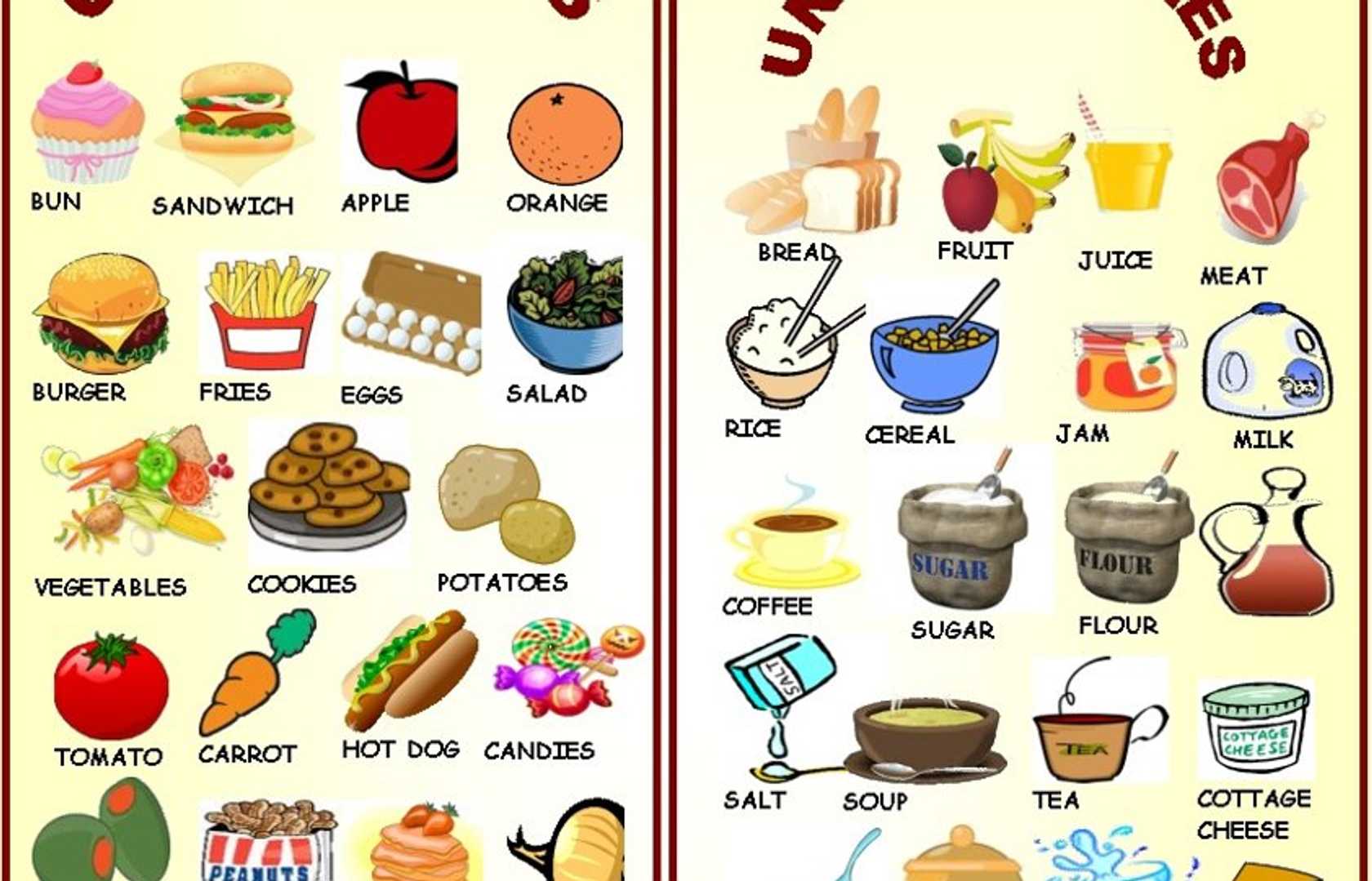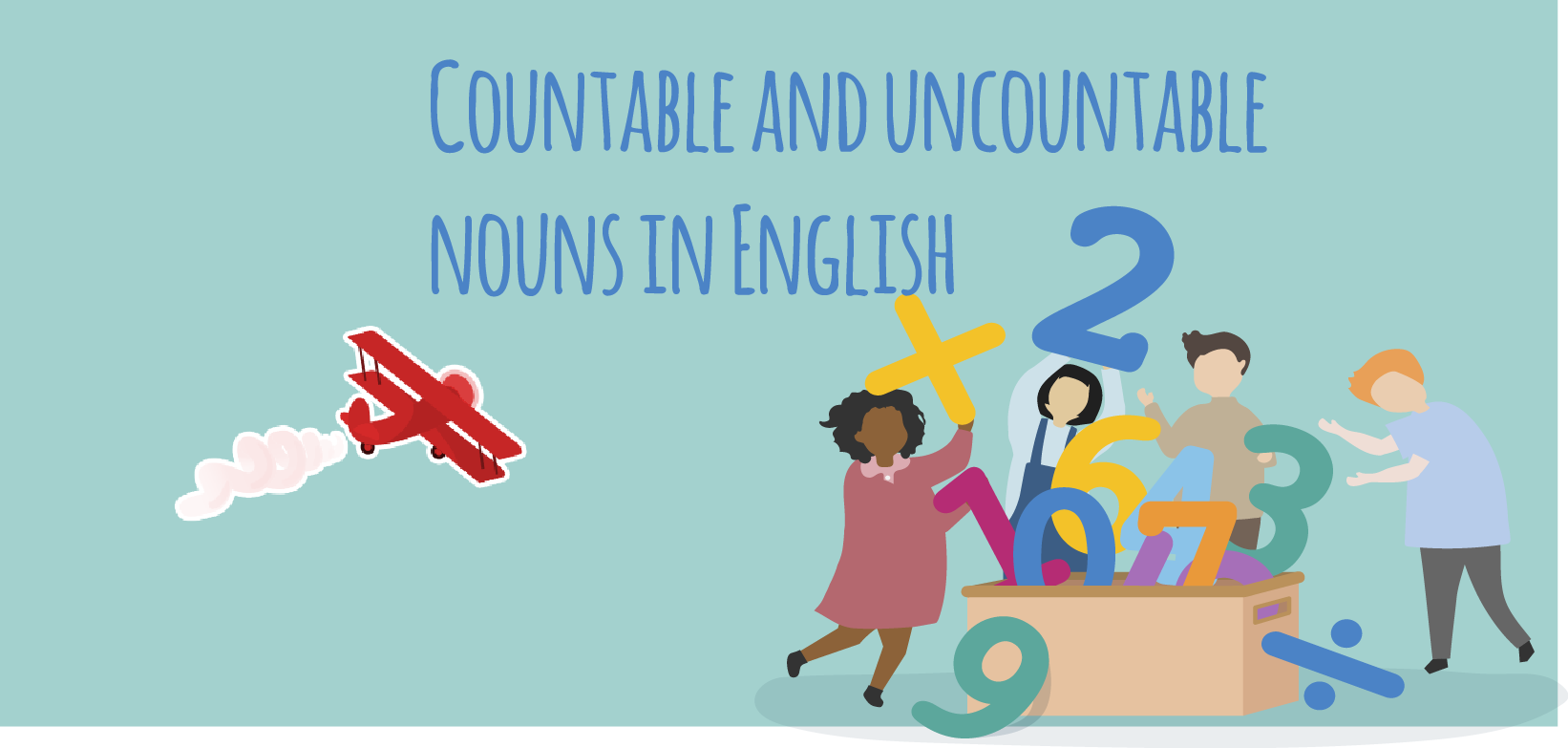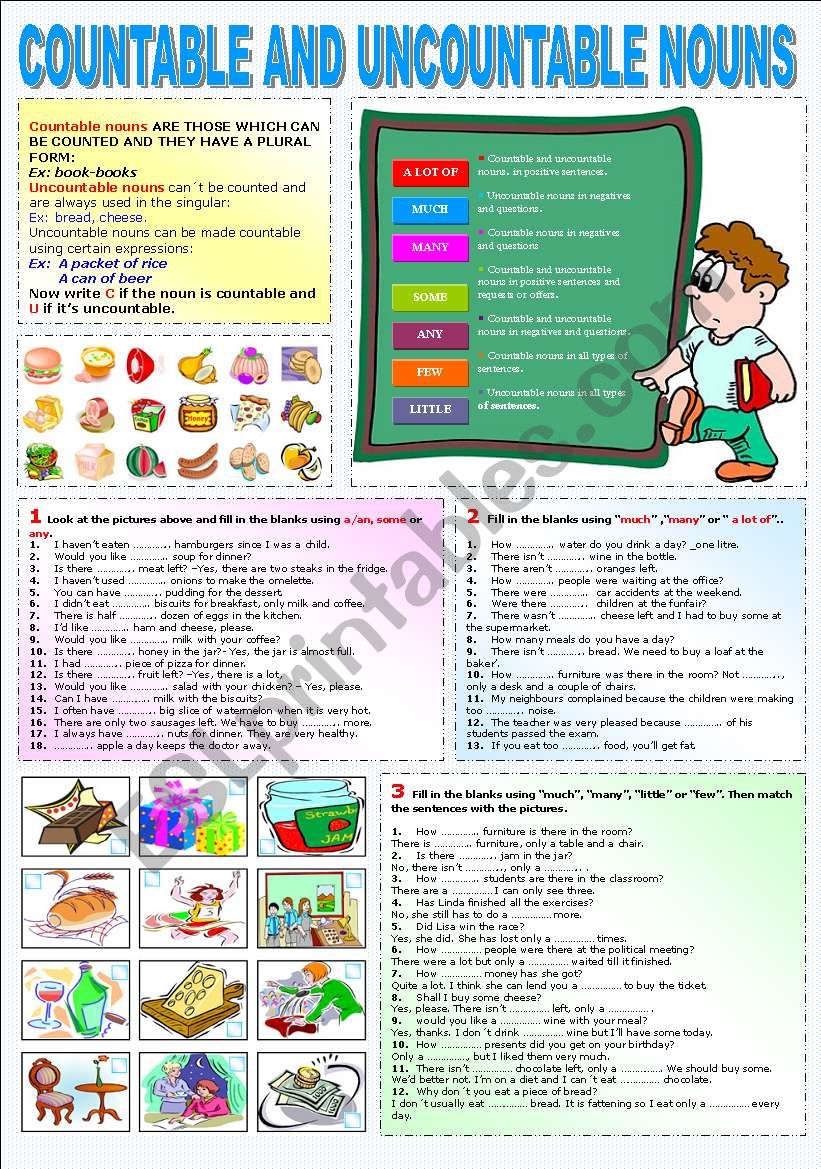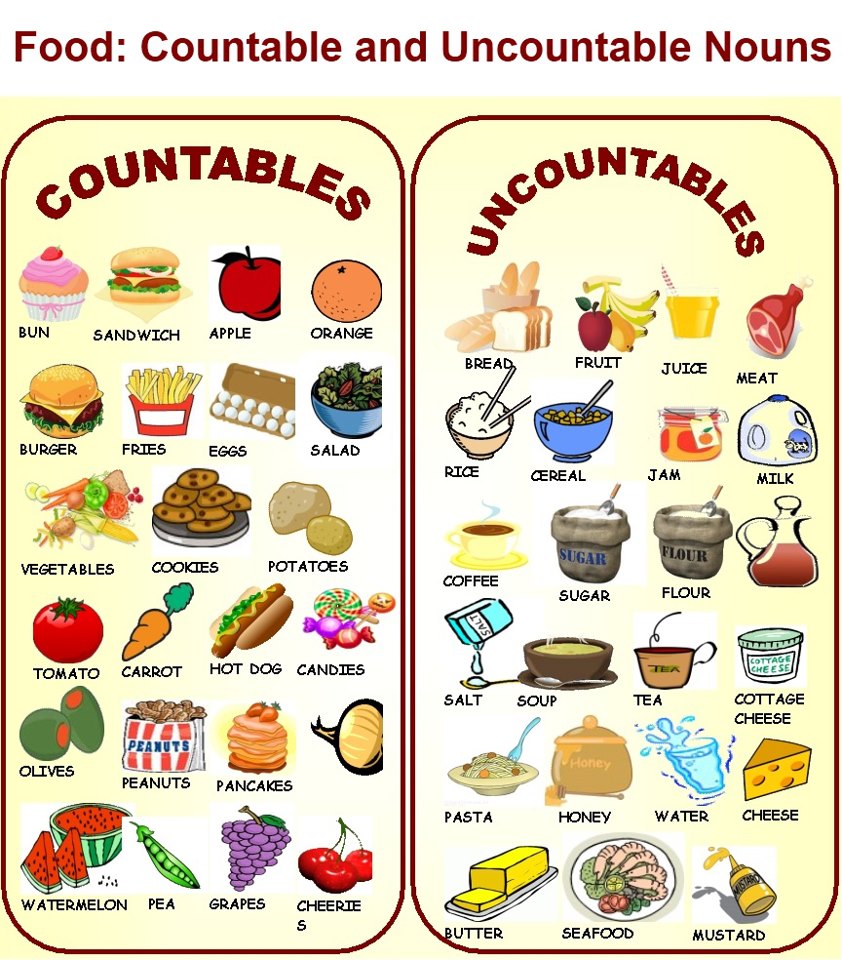
Pin on Школа
By this definition: If a meaning of a noun has the tag "singular" in a dictionary, such a noun in the given meaning can't be pluralize, i.e. can't be used with the cardinal numbers "two, three, etc" - therefore it's uncountable.

English language teaching, Teaching english grammar
Amount of, number of or quantity of ? - English Grammar Today - a reference to written and spoken English grammar and usage - Cambridge Dictionary

Countable and uncountable nouns agnieszka_tryba Pearltrees
Grammar test 1 Read the explanation to learn more. Grammar explanation Nouns can be countable or uncountable. Countable nouns can be counted, e.g. an apple, two apples, three apples, etc. Uncountable nouns cannot be counted, e.g. air, rice, water, etc.

Countable and uncountable nouns English grammar lesson YouTube
Uncountable nouns, also known as mass nouns or noncount nouns, refer to a mass of something or an abstract concept that can't be counted (except with a unit of measurement). In contrast, countable nouns can be counted as individual items.

Countables and Uncountables English Study Here English study, Nouns
Singular and plural Countable nouns can be singular or plural. They can be used with a/an and with numbers and many other determiners (e.g. these, a few ): She's got two sisters and a younger brother. Most people buy things like cameras and MP3-players online these days. These shoes look old now. I'll take a few magazines with me for the flight.

0shares Learn how to identify nouns that can be countable or
Persons vs. People vs. Peoples—What's the Difference? Catherine Traffis Most of the time, people is the correct word to choose as a plural for person. Persons is archaic, and it is safe to avoid using it, except in legal writing, which has its own traditional language.

COUNTABLE AND UNCOUNTABLE NOUNS HOW MUCH OR HOW MANY (B/W VERSION AND
Here are some tips to help you distinguish them: Countable nouns can be singular or plural. Uncountable nouns are always singular. Countable nouns can be preceded by "a" or "an" and have a plural form. Uncountable nouns cannot be preceded by "a" or "an" and do not have a plural form. Countable nouns can be measured or quantified.

Countable and uncountable nouns in English Elblogdeidiomas.es
What are countable and uncountable nouns? Nouns can identify places, people, animals, and other things. They are the basic materials required to construct sentences. There are different types of nouns, including proper nouns, common nouns, compound nouns, collective nouns, abstract nouns, and countable and uncountable nouns.

Grammar Countable And Uncountable Nouns My XXX Hot Girl
It is important to know whether a noun is countable or uncountable, otherwise you are likely to make basic grammar mistakes. For example, countable nouns can have indefinite articles and can form plurals, but uncountable nouns cannot: You should bring a coat. ('coat' is a countable noun) I have three winter coats.

Lesson 15 Countable or Uncountable Cambly Content
Explanation: A countable noun is a noun which can be "counted" (i. e. used with numbers). We can say "three people", "six people", so it is a countable noun. If a noun is uncountable, it does not have plural form. The word "people" is plural so it is countable. For example "water" is uncountable, because you cannot say "five waters".

PPT Countable & Uncountable nouns PowerPoint Presentation, free
The major division of English nouns is into "countable" and "uncountable". Countable nouns are easy to recognize. They are things that we can count. For example: "pen". We can count pens. We can have one, two, three or more pens.. "People" is countable. "People" is the plural of "person". We can count people: There is one person here.

Countable And Uncountables Nounsquantifiersquantities (b&w Version
Putting it simply, countable nouns refer to people, places, things, and ideas that you can count (1, 2, 3, 100, 987,00,000, etc.), and uncountable nouns refer to things you can't. Let's explore each of these types of nouns more thoroughly so you can get a better idea of how they are different. Countable nouns

Peter's Intensive Grammar Website
One of the most confusing concepts for learners of English is the difference between count and non-count nouns. Fundamentally, count nouns are perceived as individual items that can be multiplied and counted (chairs, essays, ideas, sentences, etc.), whereas non-count nouns are masses, abstractions, or things that do not take a fixed shape and.

Common Mistakes in the Use of Uncountable Nouns in English ESL Buzz
An uncountable noun is seen as a mass, rather than as several clearly separate parts. For example traffic is a mass - we are not interested in the exact number of cars, they all seem to be merged together in the distance. But if I say 'look at those three cars', you can clearly differentiate between one car and another.Thus traffic is uncountable, and cars are countable.

COUNTABLE AND UNCOUNTABLE NOUNS Funny English with Pere Costa
Grammarly Updated on September 27, 2022 Countable nouns definition Countable nouns refer to items that can be counted, even if the number might be extraordinarily high (like counting all the people in the world, for example). Countable nouns can be used with articles such as a/an and the or quantifiers such as a few and many.

200+ Examples of Uncountable Nouns in English • 7ESL Uncountable
It is a word that refers to any name, place, thing, feeling, animal or abstract idea. There are 7 main types of nouns are Common nouns, Proper nouns, Concrete nouns, Abstract nouns, Collective nouns, Count and mass nouns. Complete answer: Let us first understand what are countable and uncountable nouns -